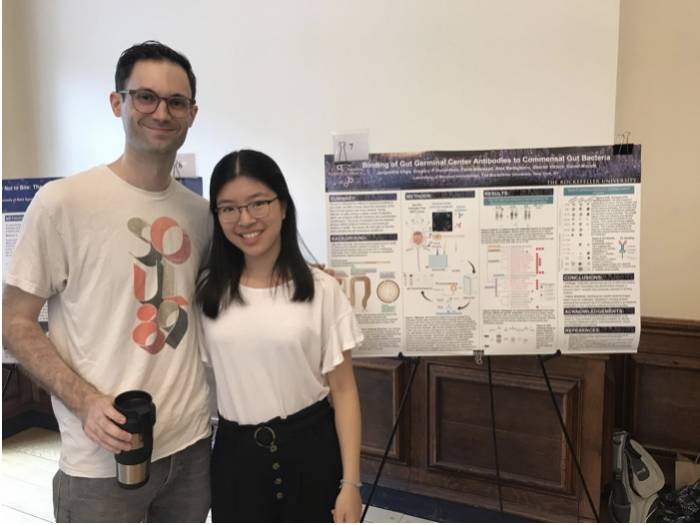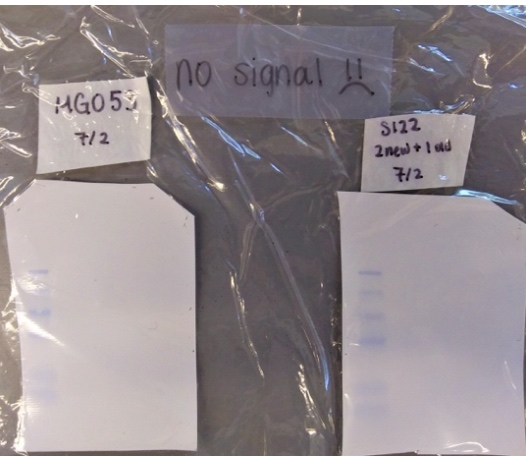SSRP: An Invaluable Experience

The choice seemed impossible. For two long weeks, I deliberated between participating in the NJ Governor’s School in the Sciences and Rockefeller University’s Summer Science Research Program (SSRP). At Gov School, I could explore a vast array of scientific fields beside other outstanding high schoolers. On the other hand, Rockefeller offered me the opportunity to experience real-world, cutting edge research at the forefront of scientific inquiry. After numerous discussions with teachers and peers, deliberations at the dinner table, and reflective soul-searching, I made a decision that I came to treasure: to pursue a topic I have been fascinated by since tenth grade—gut bacteria—at Rockefeller in the Laboratory of Mucosal Immunology.
The SSRP experience was truly one of a kind. From the friends I have made through the program, the What Is Research and Science Communication lecture series, to the hour-long morning conversations with my mentor spent analyzing past results and planning future directions, I have gained invaluable insights into research and what it means to be a scientist. Within the first few days, my initial feelings of imposter syndrome quickly faded with the welcoming atmosphere of my lab and the SSRP program as well as the endless patience and support of my mentor.

My mentor, Greg, and I in front of my poster at the SSRP poster session.
A decade of schooling has committed the scientific method into my memory: Question, Background Research, Hypothesis, Experiment, Analyze Data, Conclusion. Yet this seemingly formulaic and linear process does no justice to the recursive and exciting nature of research. Provided with a perfect balance of guidance and autonomy, I was able to develop a thorough understanding of my research topic and how each experiment fits into the larger picture, but also to make the occasional mistake and get unexpected results that deepened my appreciation for research and provided learning opportunities far more meaningful than that of a “perfect experiment” which proceeds as expected. Whether it is a small mistake in setting up the apparatus or using the wrong bacteria samples, it can be disheartening to see two days of hard work not bear results. Yet these small setbacks make every subsequent working assay much more meaningful. They also reflect the importance of persistence and determination in research. Not every assay or experiment will work as intended, so researchers must reflect on their mistakes and improve their approach throughout their careers.

Two western blots with no signal.
Now, whenever I come across a research paper or a scientific news article, I can better appreciate the long and arduous yet unpredictable and exciting road to discovery. Behind every statement and beautiful figure in a paper are hundreds of “I don’t knows,” weeks, months, or even years’ work of perfecting assays but also unquantifiable joy and anticipation.
